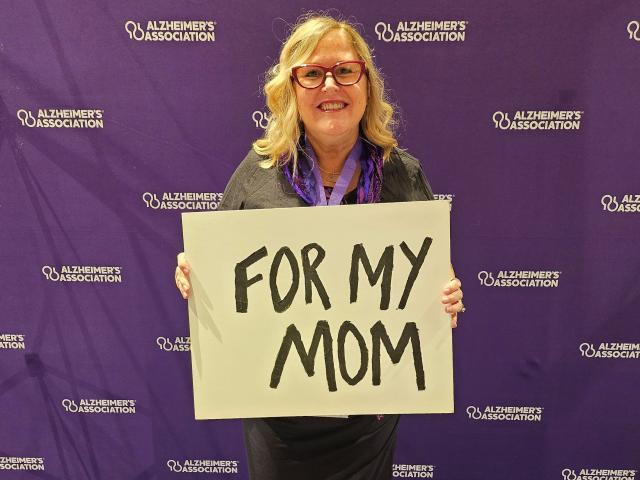Washington, D.C., June 24, 2025 — During today’s House Energy & Commerce Health subcommittee hearing, Health and Human Services Secretary Robert F. Kennedy Jr. made several inaccurate statements regarding Alzheimer’s disease and the current state of research.
Mischaracterizing Alzheimer’s as Type 3 Diabetes
In his testimony, Sec. Kennedy said, “Alzheimer’s disease is now characterized in the medical literature as Type 3 Diabetes.” While there are commonalities between Alzheimer’s and diabetes, labeling Alzheimer’s as “Type 3 Diabetes” is inaccurate and misleading.
“While some evidence suggests that Alzheimer’s and diabetes share similar underlying mechanisms, such as impairments in cellular metabolism, Alzheimer’s disease is not diabetes,” said Maria C. Carrillo, Ph.D., Alzheimer’s Association chief science officer and medical affairs lead. “Calling insulin dysfunction in the brain ‘diabetes’ obscures and oversimplifies complex diseases and risks misinforming the public.”
Lack of Familiarity with Alzheimer’s Disease Research Infrastructure
Later in the hearing, Rep. Nanette Barragán (D-Calif.), a longtime advocate for dementia research, questioned Sec. Kennedy about current and proposed funding cuts at the National Institute on Aging (NIA) and the role of federal Alzheimer’s Disease Research Centers (ADRCs). When asked if he was familiar with ADRCs, Sec. Kennedy said, “No, I can’t say that I am.”
“This admission is alarming,” said Joanne Pike, DrPH, president and CEO, Alzheimer’s Association. “ADRCs are central to America’s dementia research infrastructure. There are currently 35 ADRCs across the country, many of which have already experienced funding reductions in 2025.”
Sec. Kennedy also stated that “we have not cut any clinical trials on Alzheimer’s.” But delays to the ADRCs' funding are impacting clinical trials and there have been cancellations and postponements of grant review meetings, putting trials' futures at risk.
Importantly, when Rep. Barragán highlighted the importance of ADRCs and asked for a commitment to their funding, Sec. Kennedy responded that after he is able to “confirm” what she said, he would be “happy to work with you on this.”
“As Rep. Barragán noted, few issues have as much bipartisan support as Alzheimer’s research funding,” said Pike. “We have made remarkable strides against this fatal disease because of champions on both sides of the aisle and dedicated researchers at the NIA. The Alzheimer’s Association remains committed to working in a bipartisan manner with Congress and Sec. Kennedy to ensure progress continues.”
